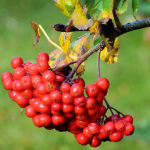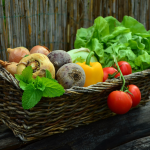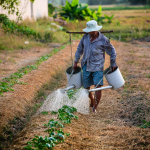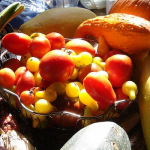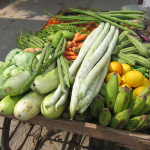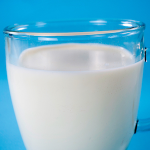In Part 1 of this series, we presented evidence that a not insignificant amount of published science and the “knowledge” resulting from it is wrong. There are many reasons, including experimental carelessness, differences in how researchers approach statistical analyses, journals’ bias against publishing negative results, and outright dishonesty by investigators. Part 2 describes how activist scientists can use meta-analyses to manipulate data to reach a predetermined, but flawed, conclusion.
Organic Food
The British broadcaster has become part of a cynical anti-science collaboration.
The world's biggest consumer hoax is organic agriculture, which pretends to be what it isn't. And very successfully.
The U.S. National Organic Program (NOP) was established in 1990 as part of the United States Department of Agriculture’s (USDA) Agricultural Marketing Service (AMS). The mission of AMS is to administer programs that “create domestic and international marketing opportunities for U.S. producers of food, fiber, and ‘specialty crops.’” Organic is one such specialty crop. Many U.S. consumers swear by organic foods but are unaware of the history, principles, and regulations behind the NOP. Read on if you dare to know more.
Decades ago, I became a fan of the ACSH long before becoming an occasional contributor. I was motivated by one clear point of reasoning. I found it next to impossible to locate a reliable source of health-related issues I had an interest in, as well as being able to recommend that source to students enrolled in my college course for continuing education purposes.
Millions of consumers believe that organics are more nutritious than conventionally grown foods. But this defies basic plant physiology.
Are the small levels of pesticides, herbicides and genetic modifications in our food -- whether human-made or natural -- harmful? Let's put the virus aside for a moment and see what we find.
Scammers like to scare the elderly using coronavirus and Social Security fraud. Now, the AARP likes to scare old people over the food they eat.
Question: How do you know when a "study" isn't really a study? Answer: When those who performed it also write up a brochure, hyping its results before actually bothering to publish a scientific paper.
One of ACSH's missions is to change the media narrative about science and health. Too often, the media publishes "click bait" with the intention of scaring people or promoting a new food fad. That does a disservice to the public. We aim to rectify this by getting quoted in as many media outlets as possible, and here's where we appeared recently.
It is very tempting to purposefully mislabel a product if you can make extra money and get away with it. But, using isotope analysis, chemists have devised a way to discriminate conventional and organic milk.
Only about 37% of American adults bothered to get a flu shot this past flu season. That's actually a decrease from the previous season, when about 43% got one. Partially as a result, 80,000 Americans died from the flu. On the flip side, we did buy more organic food than ever before.


